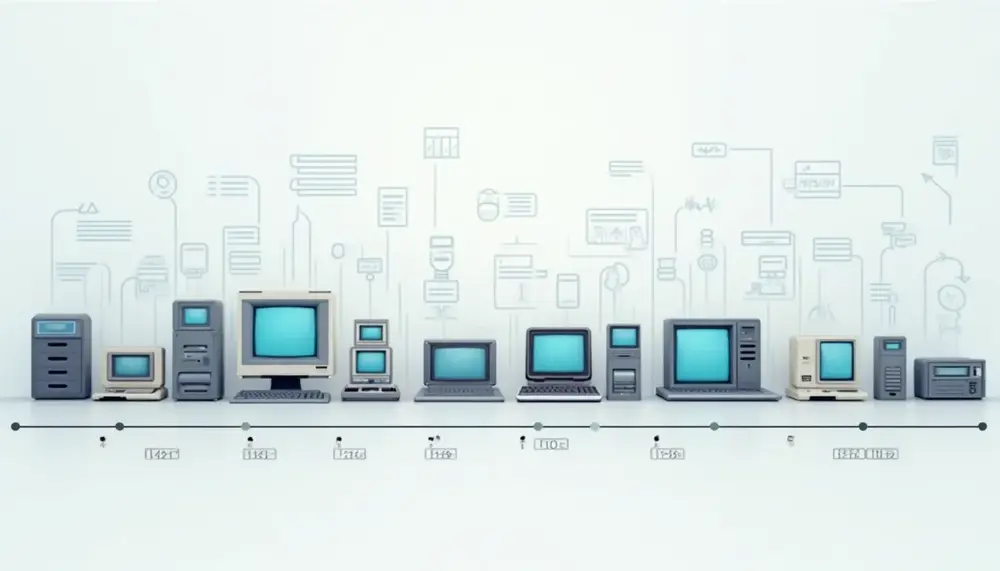Management Information Systems
Management Information Systems
Management Information Systems
Management Information Systems (MIS) are crucial tools in the realm of Knowledge Management. They help organizations collect, process, and store information. This data is then used to make informed decisions.
What is a Management Information System?
A Management Information System is a computerized database. It provides managers with the tools to organize, evaluate, and manage departments. These systems ensure that the right information is available at the right time.
Role in Knowledge Management
In Knowledge Management, MIS plays a vital role. It helps in capturing and distributing knowledge across the organization. This ensures that valuable information is not lost and is accessible to those who need it.
Key Features of MIS
Some key features of Management Information Systems include:
- Data Collection: Gathering data from various sources.
- Data Processing: Converting raw data into useful information.
- Data Storage: Keeping information in a secure and organized manner.
- Information Retrieval: Accessing the stored information when needed.
Benefits of MIS in Knowledge Management
Using MIS in Knowledge Management offers several benefits:
- Improved Decision Making: Managers can make better decisions with accurate information.
- Increased Efficiency: Streamlined processes save time and resources.
- Enhanced Communication: Information is easily shared across departments.
- Knowledge Preservation: Important knowledge is stored and can be accessed later.
Conclusion
Management Information Systems are essential in the context of Knowledge Management. They ensure that information is effectively managed and utilized. This leads to better decision-making and overall organizational success.
Blog Posts with the term: Management Information Systems

Management Information Systems (MIS) are essential tools that transform raw data into actionable insights, enhancing decision-making, efficiency, and competitive advantage in businesses....

Management Information Systems (MIS) are crucial in modern organizations for transforming data into actionable insights, enhancing communication and decision-making, while ensuring security and integration across platforms....

Management Information Systems (MIS) integrate data, technology, people, and processes to enhance decision-making and organizational efficiency, evolving from manual systems to advanced cloud solutions. Their development reflects technological advancements that have transformed business strategies while presenting challenges like implementation costs...

The article emphasizes designing an effective Information Management System (IMS) syllabus by aligning academic theory with practical applications, using a modular structure to ensure clarity and progression. It highlights the importance of clear objectives, audience-specific tailoring, real-world relevance, and fostering...

Management Information Systems (MIS) combines technology and business, making it valuable for tech entrepreneurs, while Subreddits offer a platform to discuss MIS topics, network globally, and access diverse insights....

Information Management Systems (IMS) in education streamline administrative tasks, enhance personalized learning, and improve communication by efficiently managing data; however, they require significant investment and address challenges like data privacy....

A well-structured information systems hierarchy, exemplified by the pyramid model, is essential for operational efficiency and strategic agility in modern organizations....

Management Information Systems (MIS) are crucial for modern businesses, aiding in data management and decision-making to enhance efficiency and competitiveness. GMU's MIS program equips students with practical skills through a curriculum that includes data management, system analysis, programming, and project...

Information Management Systems (IMS) centralize, streamline, and secure data to enhance decision-making, foster innovation, ensure compliance, and support scalability. Key components like integration capabilities, user-friendly interfaces, automation tools, and robust security measures make IMS essential for operational efficiency and strategic...

The 11th Edition of Bidgoli’s Management Information Systems features integrated AI and analytics, hands-on SQL training, real-world case studies, and future-focused content....

Leading journals in information management provide profound and practical insights by fostering interdisciplinary collaboration, focusing on user experience, and bridging theoretical research with practical applications. The Journal of Management Information Systems plays a pivotal role by disseminating cutting-edge studies, facilitating...

Management Information Systems focus on optimizing organizational information flow and decision-making, while Data Science extracts insights from data for innovation....

Core MIS principles involve transforming raw data into actionable insights through analytics, system design, and governance to drive business value while ensuring compliance. Mastery requires understanding the full data lifecycle, applying appropriate methodologies, effective visualization, modular system design, thorough testing,...
